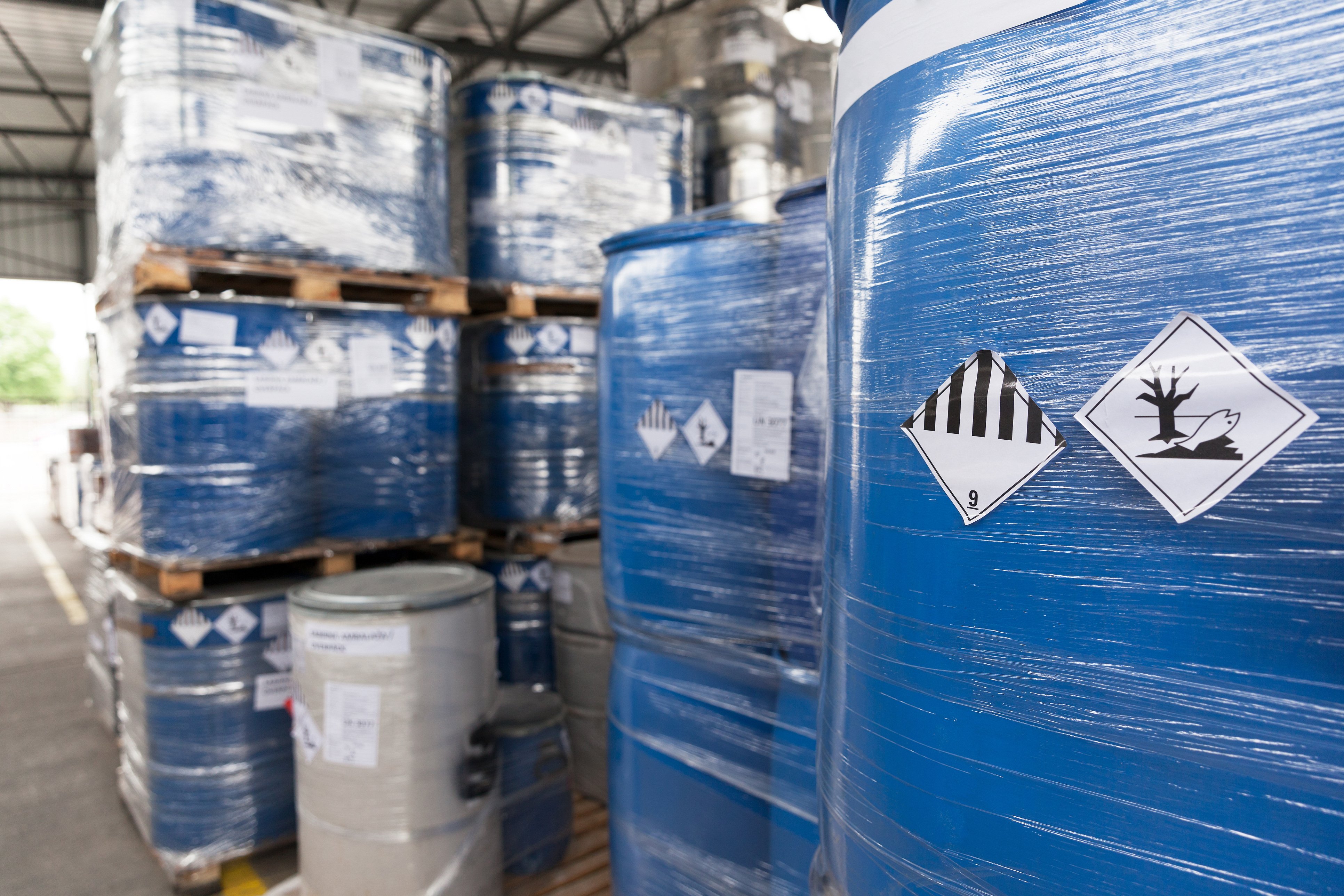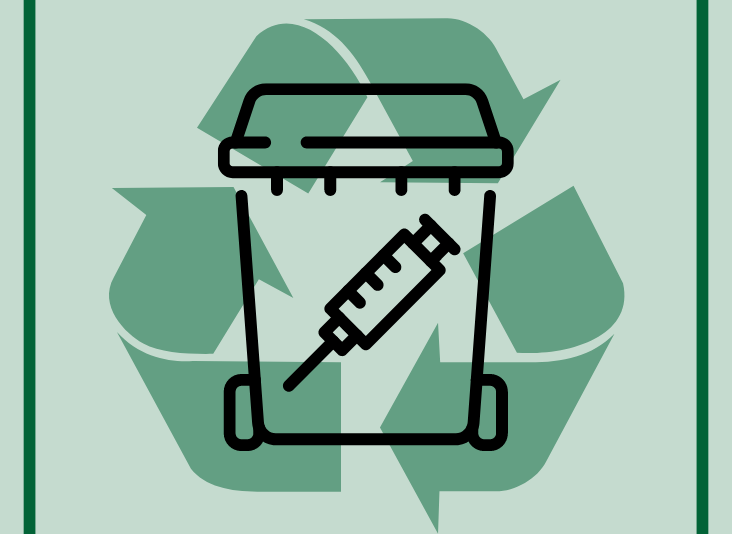Do I have to individually wrap my alkaline batteries when recycling?
Ever since the Federal Register of January 14, 2009 there has been much fretting over the effects that the new special provision 130 for the proper shipping name, “Batteries, dry, sealed, n.o.s.” would have on facilities’ alkaline battery recycling programs. Often times, a drum of alkaline batteries for recycling would contain up to 600 pounds of batteries (thousands of individual batteries) that would all need to be individually wrapped in order to maintain compliance to special provisions 130’s requirement that dry batteries be packaged “in a manner that prevents the dangerous evolution of heat…and protects against short circuits.” The DOT and PHMSA further fanned these flames with their publication on April 3, 2009 that even showed alkaline batteries individually wrapped in sandwich bags as a proper example of how to comply with special provision 130.
Environmental professionals everywhere worried that the costs of this would add to their recycling programs. Would this extra labor cost mean they would have to scrap their alkaline battery recycling programs? Where would these non-recycled batteries end up? Landfills. Wait a minute; wouldn’t batteries shipped to a landfill have to be packaged per special provision 130? Yes. Oh boy, we’re right back where we started…
Well, on June 23, 2009 a letter of interpretation from PHMSA came to the rescue with the help of one innovative battery shipper.
PHMSA Interpretation Response Letter
This shipper devised what would be the worst case scenario involving a shipment of alkaline batteries in a drum, and came up with an experiment to replicate this situation. Twelve new (not spent mind you) D-cell alkaline batteries were connected end to end in series and this array was purposefully short circuited to determine whether a “dangerous evolution of heat” would occur as a result. Their experiment showed that this didn’t occur and PHMSA agreed!
Not only did PHMSA agree that spent 1.5 volt alkaline batteries are not subject to the special provision 130 but that they in fact “are not subject to regulation under the HMR.” Meaning, 1.5 volt dry cell alkaline batteries are not a hazardous material at all!
It is important to note that this interpretation is specific to 1.5 volt dry cell alkaline batteries (under which all D, C, AA, and AAA alkaline batteries fall) and does not apply to other types of dry cell batteries including: Nickel-Cadmium batteries, Silver-Oxide batteries, Mercury-Oxide batteries and especially Lithium Batteries which have their own shipping name and there own special provisions.
You can see the details of the battery experiment by clicking on the “PDF Version” link on the top right corner of the PHMSA interpretation page.








.png)